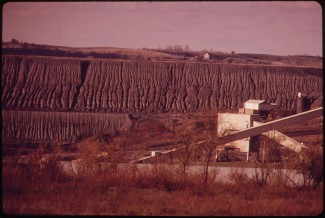“Whoever it was who said that agriculture is the mother and nurse of all other arts was right, because when agriculture is faring well, all the other arts are strengthened too; but wherever the land is forced into barrenness, all the other arts, whether based on land or sea, are more or less smothered.”
Xenophon, The Estate Manager V
I do not think I can adequately understand or defend the assertion. Xenophon himself does not purport to tell us why it is so. It seems to be an insight that has been passed down for generations. Yet his own experience, and perhaps his knowledge of history, lead him to assent to its truth.
Agriculture. The mother of all arts. That is quite an assertion.
But it simply sounds right. It makes sense. The art of cultivating the earth—and surely it is an art—is at one and the same time both accessible to all and beyond the complete mastery of any. And it seems that our own experience of the last hundred or so years, lends further credence to the assertion that wherever the land is forced into barrenness, all other arts…are more or less smothered.
But there is a reawakening in interest in agriculture as an art, an art that can be practiced by some, even many, and be appreciated by all. A simple attention to what we eat, and where and how it is produced, can foster this reawakening. And this reawakening can spread to other real arts, as to children of their mother.
Xenophon (430-354 B.C.) was a soldier, historian, and philosopher of Athens. Like Plato he wrote dialogues featuring Socrates as a great teacher. Among, these dialogues is Oeconomicus, translated as The Estate Manager, in which we get an insight into the structure and principles of the ancient household.
Originally posted at Bacon from Acorns.











